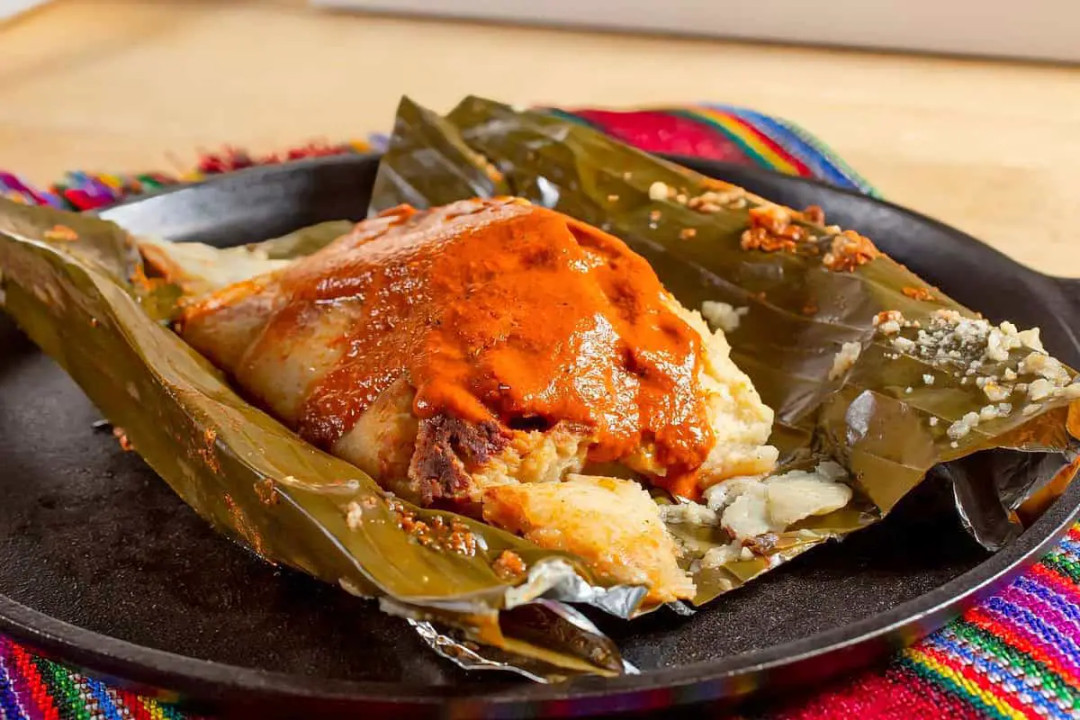Guatemalan cuisine is a vibrant tapestry, woven from indigenous Mayan traditions, Spanish colonial influences, and Caribbean flavors. Its hearty lunches, bursting with bold spices and fresh ingredients, are a testament to the country’s rich culinary heritage. Let’s embark on a culinary adventure, blending Guatemalan classics with global influences, to create a dish that is both familiar and extraordinary.
Ingredients:
1 pound boneless, skinless chicken breasts, cut into 1-inch cubes

Image Source: ourbigescape.com
Preparation Process:
1. Prep the Chicken: Season the chicken cubes with salt and pepper. Heat olive oil in a large skillet over medium-high heat. Add the chicken and cook until browned on all sides. Remove from the pan and set aside.
2. Sauté the Aromatics: In the same skillet, add the onion, garlic, and bell pepper. Sauté until softened, about 5 minutes.
3. Combine the Ingredients: Return the chicken to the skillet. Add the black beans, diced tomatoes, chicken broth, cumin, chili powder, and cayenne pepper. Bring to a boil, then reduce heat to low, cover, and simmer for 20-25 minutes, or until the chicken is cooked through.
4. Finish the Dish: Stir in the cilantro. Season with salt and pepper to taste.
5. Serve: Serve hot over rice or with tortillas. Garnish with avocado and lime wedges.
Total Time: Approximately 45 minutes
Serving Ideas:
Serve with a side of corn tortillas for a classic Guatemalan touch.
Cultural Influences:
This dish is a fusion of flavors, drawing inspiration from various culinary traditions. The base of the dish is a nod to Guatemalan stews, characterized by their bold spices and hearty ingredients. The addition of black beans is a nod to Mexican cuisine, while the avocado and cilantro are quintessentially Latin American. The overall simplicity of the dish echoes the essence of Guatemalan home cooking.
This Guate-fusion feast is more than just a meal; it’s a journey through time and cultures. By blending tradition with innovation, we’ve created a dish that honors the past while looking to the future. It’s a testament to the power of food to connect people, cultures, and generations.